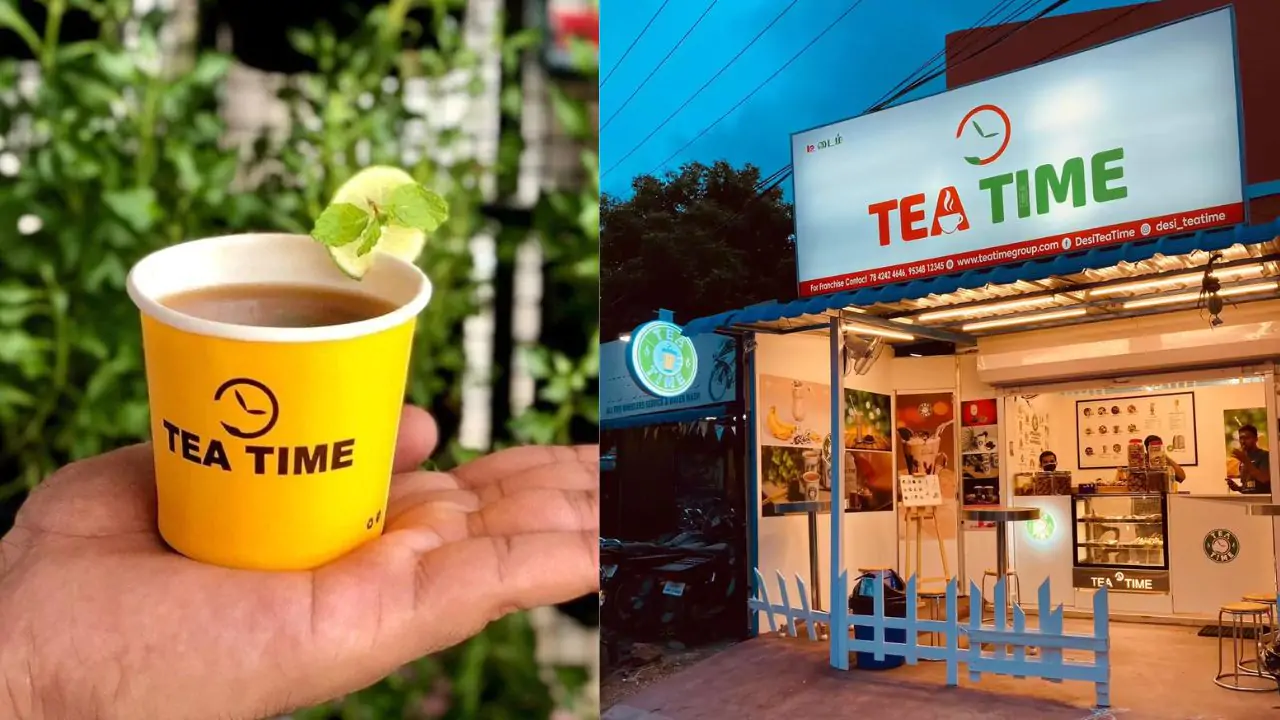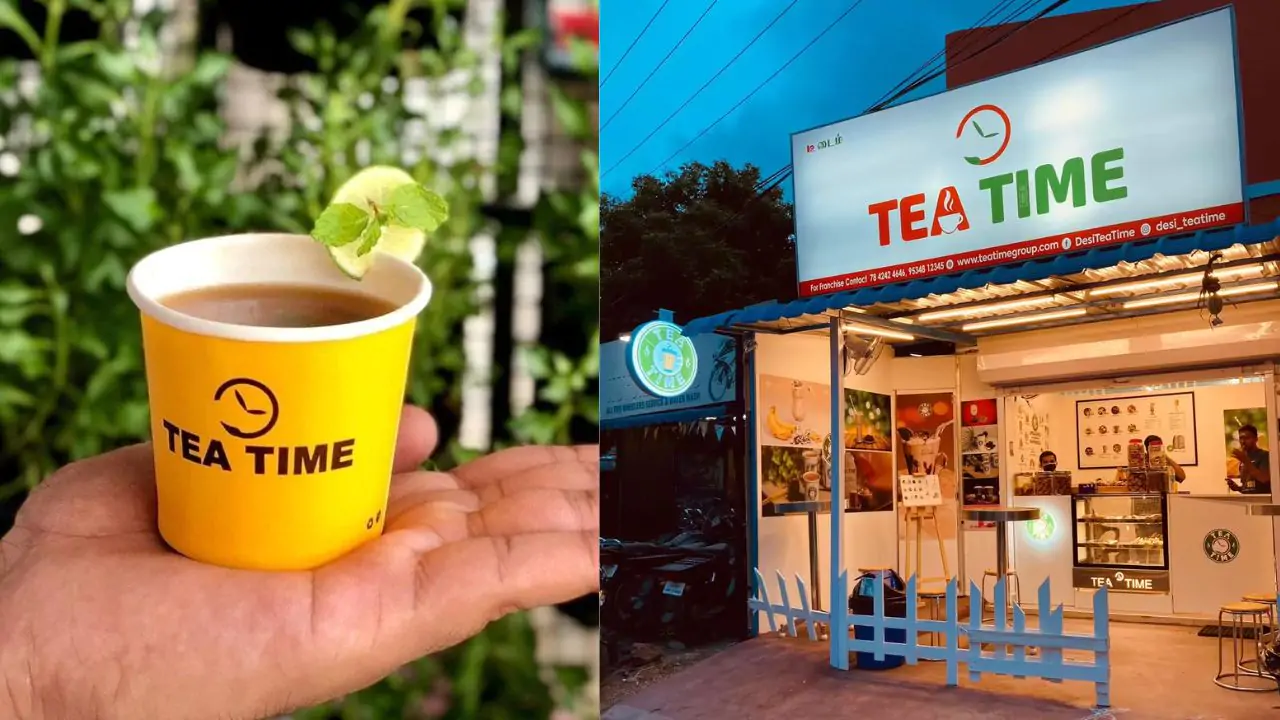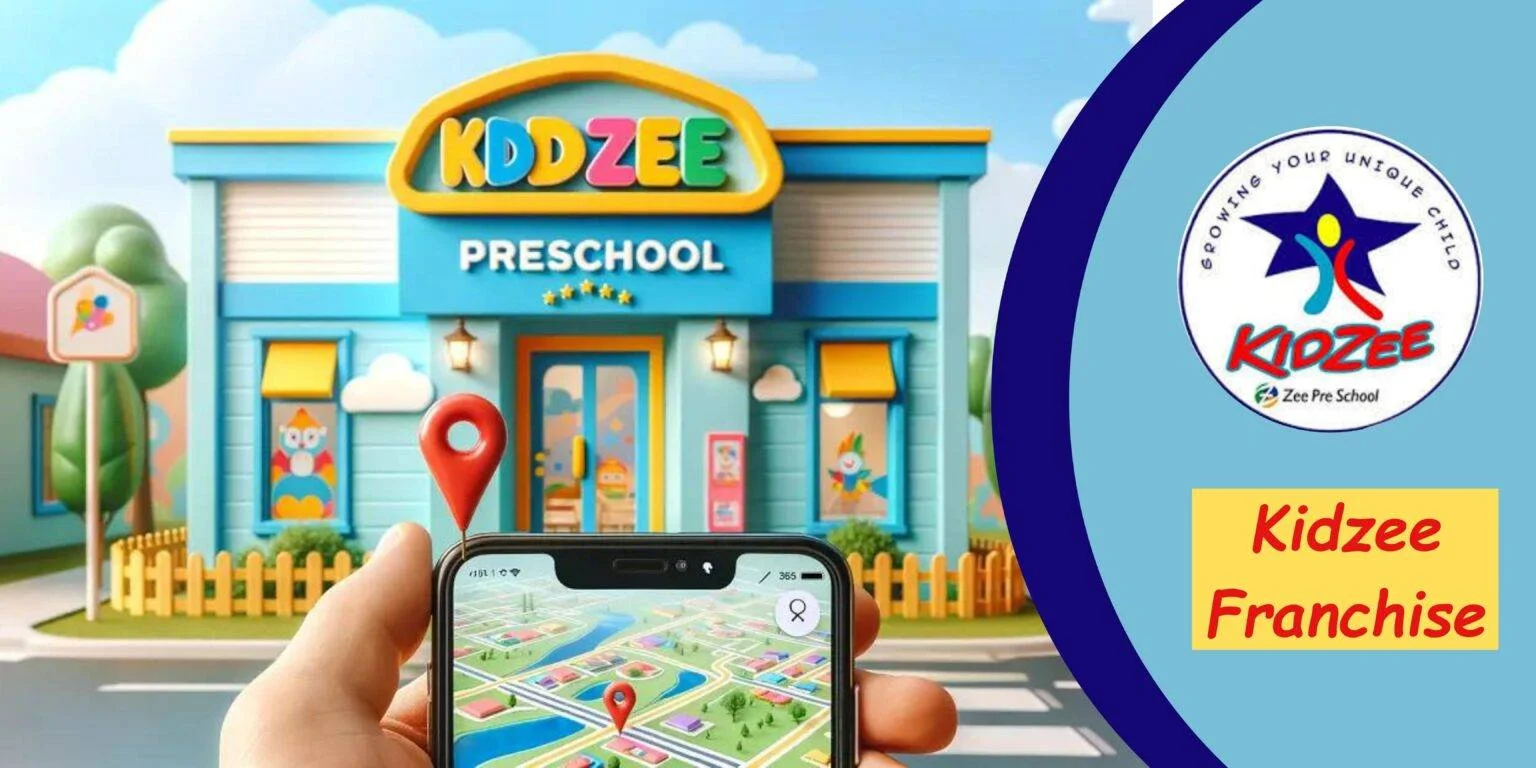Relationship Between Franchisor and Franchisee
15, Jun 2023
87
Franchising is a business model where an established company (franchisor) allows affiliated dealers to distribute its products or services. It involves licensing another company to operate under the parent company's brand and utilize their knowledge for success. Well-known franchises like Domino's Pizza, KFC, and Bata have made their mark in India.
In a franchise system, individuals or a group of entrepreneurs own and operate a business under a corporate label. They pay a set fee along with fees based on profits or sales in exchange for comprehensive support across all aspects of the business.
India has witnessed a thriving franchising industry across various sectors, including food, retail, education, and hospitality. Franchise opportunities offer entrepreneurs the chance to leverage established brands, receive training and ongoing assistance, and tap into a proven business model. Successful franchisees may expand their operations and open multiple outlets, contributing to the growth of the franchise system.
For anyone considering entering the world of franchising in India, it's crucial to conduct thorough research, assess financial capabilities, review franchise agreements, and seek professional guidance. With the right approach, franchising can be a fruitful path to business success in the Indian market.
Relationship Between Franchisor and Franchisee
The relationship between a franchisor and a franchisee is governed by a franchise agreement, wherein the franchisor grants the franchisee the right to operate using their established goods or services, trademarks, and business procedures. In return, the franchisee pays an agreed price or fee to the franchisor.
The franchise agreement sets out the terms and conditions that both parties must adhere to. It outlines the obligations, rights, and responsibilities of the franchisor and the franchisee. This agreement ensures consistency and uniformity in the operation of the franchise across different locations.
The franchisor can have multiple franchisees operating under their brand, but each franchisee can only have one franchisor. This one-to-one relationship helps maintain control and quality standards within the franchise system.
The franchise agreement typically covers aspects such as the duration of the agreement, territorial rights, financial obligations, marketing and advertising requirements, training and support provided by the franchisor, intellectual property rights, and termination conditions.
By entering into a franchise agreement, both the franchisor and franchisee establish a legal and mutually beneficial relationship. The franchisor benefits from expanding their brand presence through the franchisee's operations, while the franchisee gains access to an established business model, support, and brand recognition.
Clear communication, trust, and adherence to the terms of the franchise agreement are essential for maintaining a successful relationship between the franchisor and the franchisee.
What is a Franchise Agreement
A franchise agreement is a legally binding contract that establishes the relationship between a franchisor and a franchisee. This agreement covers various essential aspects that define the rights and obligations of both parties involved. Here are some primary aspects typically included in a franchise agreement:
1. Franchisor and Franchisee Information: The agreement identifies the franchisor and franchisee, providing their legal names and contact details.
2. Franchisee Selection and License Issuance: The process of selecting the franchisee and granting the license to operate under the franchisor's brand is outlined in the agreement.
3. Franchisee's Location: The agreement specifies the location where the franchisee will operate their business, including any restrictions or territorial rights.
4. Site Development: If applicable, the agreement may outline the requirements for building and maintaining the franchisee's location.
5. Use of Proprietary Marks or Trademarks: The franchisee is granted the right to use the franchisor's proprietary marks, trademarks, or logos as specified in the agreement.
6. Licenses or Approvals: Any licenses or approvals required by the franchisee to operate the business, along with the franchisor's role in facilitating them, are addressed in the agreement.
7. Operational Guidelines: The agreement outlines the operational standards, procedures, and guidelines that the franchisee must adhere to in order to maintain consistency with the franchisor's brand.
8. Training and Support: If provided by the franchisor, the agreement may detail the training and ongoing support that the franchisee will receive.
9. Franchisee Fees: The agreement may include information about any upfront franchise fees or ongoing royalties that the franchisee is obligated to pay to the franchisor.
10. Marketing Support: If the franchisor offers marketing support, the agreement may outline the nature and extent of such support.
11. Authorized Products or Services: The agreement specifies the products or services that the franchisee is authorized to provide under the franchisor's brand.
12. Franchisee Obligations: The agreement sets out the responsibilities and obligations of the franchisee, such as maintaining quality standards, record-keeping, and reporting requirements.
13. Franchisor Responsibilities: The agreement defines the obligations and support that the franchisor will provide to the franchisee.
14. Terms and Duration: The duration of the franchise agreement, including any renewal options, is specified.
15. Termination Clause: The conditions under which the franchise agreement may be terminated by either party are outlined.
A well-drafted franchise agreement ensures that both the franchisor and franchisee understand their roles, rights, and responsibilities, promoting a mutually beneficial and successful business relationship. It is important for both parties to review the agreement thoroughly, seek legal advice if necessary, and ensure they are comfortable with its terms before signing.
Guidelines – Franchise Agreement
Franchisor Advantages
The franchising business model offers several benefits to both the franchisor and the franchisee. Here are some specific benefits of the franchising business model for a franchisor:
1. Low-Cost Capital: Franchising allows the franchisor to expand their business without incurring significant upfront costs. Franchisees typically pay a franchise fee and invest their own capital to set up and operate their individual franchises, providing a low-cost source of capital for the franchisor.
2. Rapid Growth: Franchising can accelerate the growth of a business by leveraging the resources and efforts of multiple franchisees. Each franchisee operates their own franchise unit, allowing the franchisor to rapidly expand their brand presence and gain market share in different locations.
3. Collaboration with Entrepreneurs: Franchising allows the franchisor to collaborate with motivated entrepreneurs or business owners who are invested in the success of their individual franchises. This partnership fosters a sense of ownership and commitment among franchisees, contributing to the overall success of the franchising business model.
4. Brand Development: Franchise businesses often have a stronger brand reputation compared to independently operated businesses. The presence of multiple franchise locations enhances brand visibility and consumer recognition. Additionally, the costs associated with brand development, marketing, and advertising can be shared among the franchisor and franchisees, resulting in cost savings and increased brand-building efforts.
5. Increased Operational Efficiency: With multiple franchise units operating under the same business model and operational standards, the franchisor can benefit from economies of scale. Streamlined processes, centralized purchasing, and shared best practices contribute to increased operational efficiency and cost-effectiveness.
6. Reduced Risk: The franchisee assumes a significant portion of the operational and financial risks associated with running a business. This allows the franchisor to mitigate risks and focus on strategic decision-making, expansion, and providing support to franchisees.
7. Local Market Expertise: Franchisees bring their local market knowledge and understanding to the business. Their insights and familiarity with the local customer base can help the franchisor adapt their offerings and marketing strategies to specific regions, leading to better customer engagement and satisfaction.
Overall, the franchising business model offers a mutually beneficial arrangement for both the franchisor and the franchisee. It enables the franchisor to expand their brand rapidly, access capital, and leverage the entrepreneurial spirit of franchisees, while franchisees benefit from established brand recognition, training, support, and a proven business model.
Franchisee Advantages
Opening a franchise business offers several advantages to franchisees compared to starting an independent business. Here are some benefits of opening a franchise business:
1. Expertise: Franchisees do not require prior knowledge or expertise in a specific industry. The franchisor provides comprehensive training and ongoing support to ensure that franchisees have the necessary skills and knowledge to operate the business successfully. This training covers various aspects such as operations, marketing, and customer service.
2. Increased Chances of Success: Franchise businesses generally have a higher success rate compared to independent businesses. This is due to several factors, including the support and guidance provided by the franchisor, access to established business systems and processes, reduced branding costs through shared marketing efforts, and the advantage of operating under a recognized and trusted brand name. These factors contribute to a higher likelihood of success for franchisees.
3. Autonomy: While running a franchise business, franchisees have the opportunity to operate their own company and make independent business decisions. They enjoy a level of autonomy in day-to-day operations while still benefiting from the support and resources provided by the franchisor. This balance allows franchisees to exercise their entrepreneurial spirit while leveraging the proven business model of the franchise.
4. Easier Access to Capital: Franchisees often find it easier to secure financing for starting a franchise business compared to independent business owners. Franchisors typically have established relationships with banks and financial institutions, which can facilitate the loan application process for franchisees. The franchisor's credibility and track record increase the chances of obtaining financing for the franchise business.
For individuals considering opening a franchise business, it is important to be well-informed before making a decision. Understanding the franchise agreement, the financial obligations, the training and support provided, and conducting thorough research on the market and the franchise system are crucial steps to take. This knowledge helps prospective franchisees make informed decisions and increases their chances of success in the franchising industry.
Get aware of the Must Read Topic: Things need to know before starting a franchise?
Relationships between Franchisors and Franchisees
Franchise partnerships can be categorized into two main types: franchisor-franchisee relationships and franchisee-franchisor format.
1. Franchisor-Franchisee Relationships: In this type of franchise partnership, the franchisor owns the brand or trademark and grants the right to operate under that brand to franchisees. The franchisor provides support and resources to the franchisees, including site selection assistance, training, business models, marketing strategies, and other tools necessary for running the business successfully.
2. Franchisee-Franchisor Format: This type of franchise partnership is similar to the franchisor-franchisee relationship, but with a slight difference in the ownership of the trademark. In the franchisee-franchisor format, the franchisee owns the trademark or brand and licenses it to other franchisees. The franchisee acts as the franchisor, providing support and guidance to the franchisees who operate under their brand.
Franchising refers to the business relationship between a franchisor and a franchisee, where the franchisor offers various services and support to the franchisee. These services may include assistance in site selection, training programs, access to established business models and systems, marketing strategies, and other tools necessary for the successful operation of the franchise.
It is worth noting that the definition of a franchise may vary across different states. Some states may have additional requirements or provisions, such as a specific marketing plan or a "community of interest" provision, which may be included in their definition of a franchise. It is important for both franchisors and franchisees to understand and comply with the legal requirements and definitions of franchising in the specific state or region where they operate.
A Few Points to Remember
- The franchisor grants the franchisee the license to use its trade or service marks, which serve as the identifying symbols of the franchisee's business.
- The franchisee utilizes these marks to promote and offer products or services under the franchisor's brand.
- The franchisor provides support and guidance to the franchisee, ensuring certain standards and maintaining control over the franchisee's operations.
- In exchange for the license and support, the franchisee pays a fee to the franchisor.
- While all franchises require a license, not all licenses fall under the definition of franchises.
- The specific disclosure requirements may vary depending on how a business meets the legal definition of a franchise.
- Regardless of the definition, when a conflict arises, the contractual agreement between the franchisor and franchisee governs their rights and obligations.
Franchise Agreements
Contracts play a crucial role in franchising as they establish the rights and responsibilities of both the franchisor and franchisee. Here are key points regarding contracts in franchising:
1. Contractual Foundation: Franchise agreements serve as the foundation of the franchisor-franchisee relationship. These contracts outline the terms and conditions under which the franchisee operates their business using the franchisor's brand and business model.
2. Identification of Rights and Duties: Franchisees can refer to the text of the contract to understand their rights and obligations within the franchising agreement. The contract specifies the scope of the license, permitted use of trademarks, operational guidelines, fee structure, support provided by the franchisor, and other important provisions.
3. Contractual Interpretation: Franchisees can rely on the contract's language and interpretation principles based on the relevant jurisdiction's contract laws. These laws provide guidelines on how contract terms are understood, enforced, and interpreted in case of disputes.
4. Legal Protection: Franchise agreements offer legal protection to both parties by clearly defining their rights and obligations. They provide a framework for resolving disputes and establish mechanisms for addressing issues such as termination, non-compete clauses, intellectual property rights, and confidentiality.
5. Compliance and Enforcement: Franchisees are expected to comply with the terms outlined in the contract, including operational standards, marketing requirements, reporting obligations, and payment of fees. Failure to adhere to contractual obligations may lead to consequences such as penalties, termination of the agreement, or legal action.
6. Legal Advice: It is advisable for franchisees to seek legal counsel when reviewing and negotiating franchise agreements. Legal professionals with expertise in franchising can help ensure that the contract protects the franchisee's interests and complies with applicable laws.
It is important for both franchisors and franchisees to thoroughly understand the terms of the franchise agreement, seek legal guidance when necessary, and engage in open communication to establish a successful and mutually beneficial relationship.
Conclusion:-
In summary, the key obligations and details between the franchisor and franchisee in a business franchise are established in the licensing agreement. This includes the level of control exerted by the franchisor, procedural requirements, necessary skills, trademark and copyright commitments, renewal and termination options, and other important aspects. The licensing agreement serves as the foundation of the franchise relationship, outlining the rights and responsibilities of both parties.
share Share now











.jpg)





















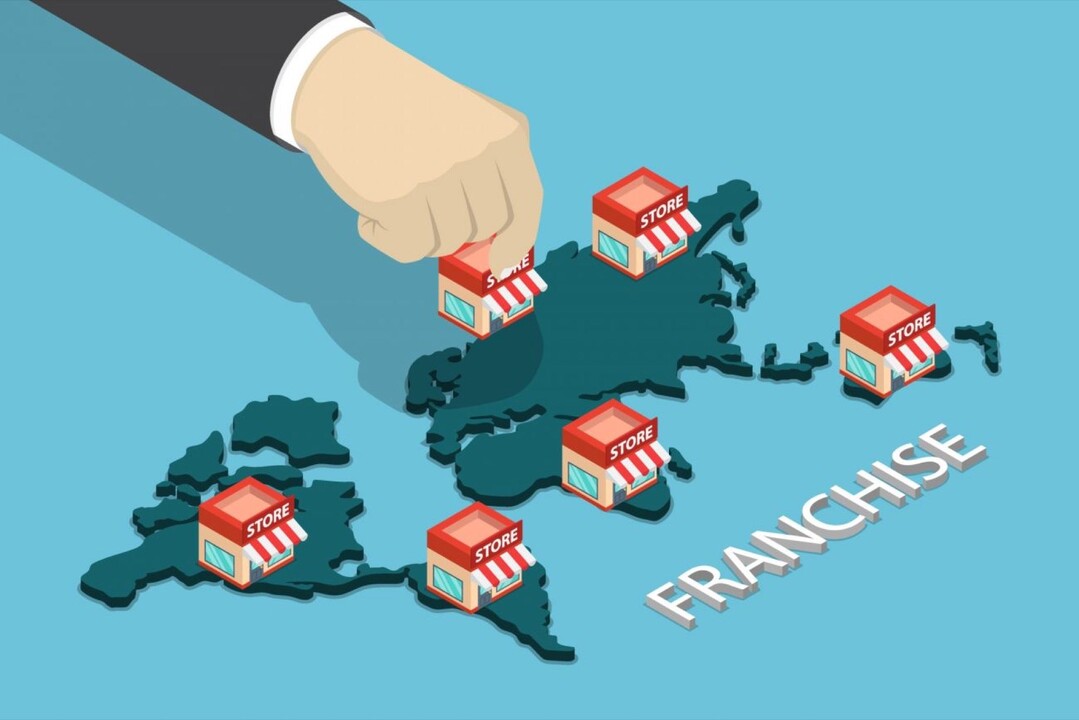








.jpg)
.jpg)
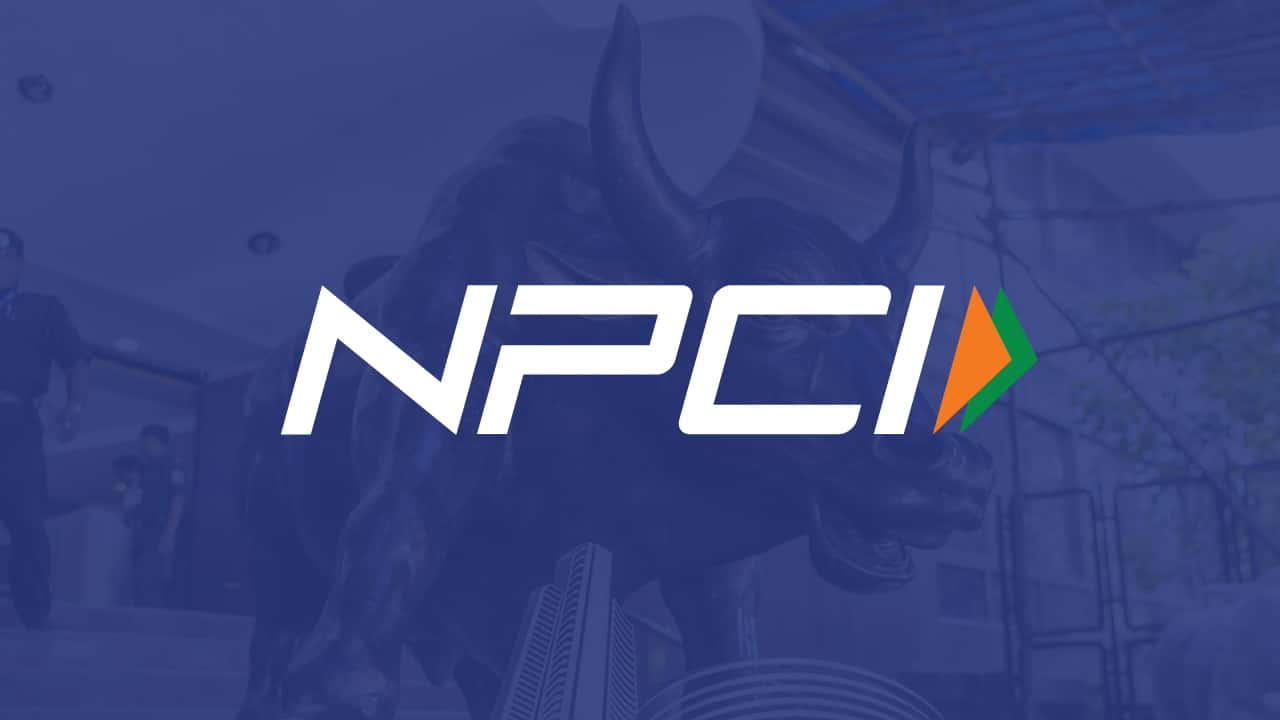




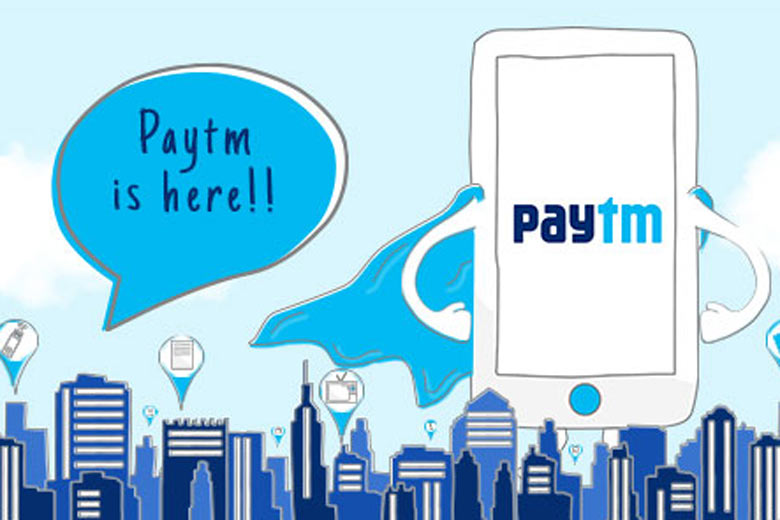




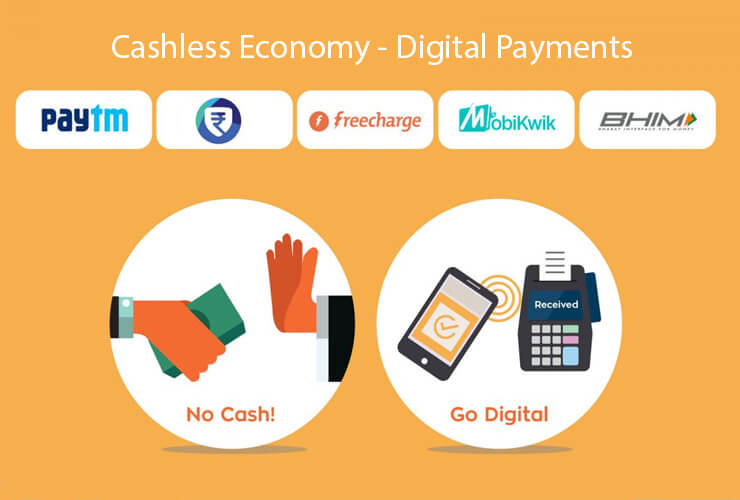





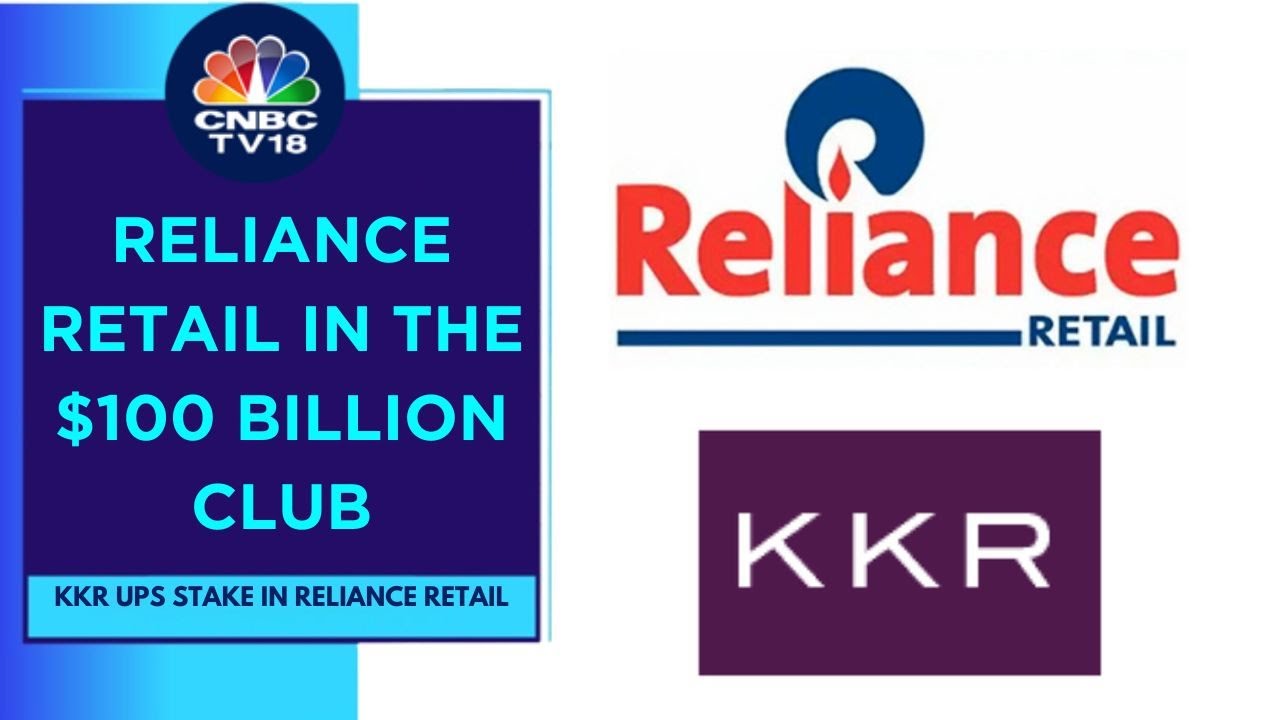
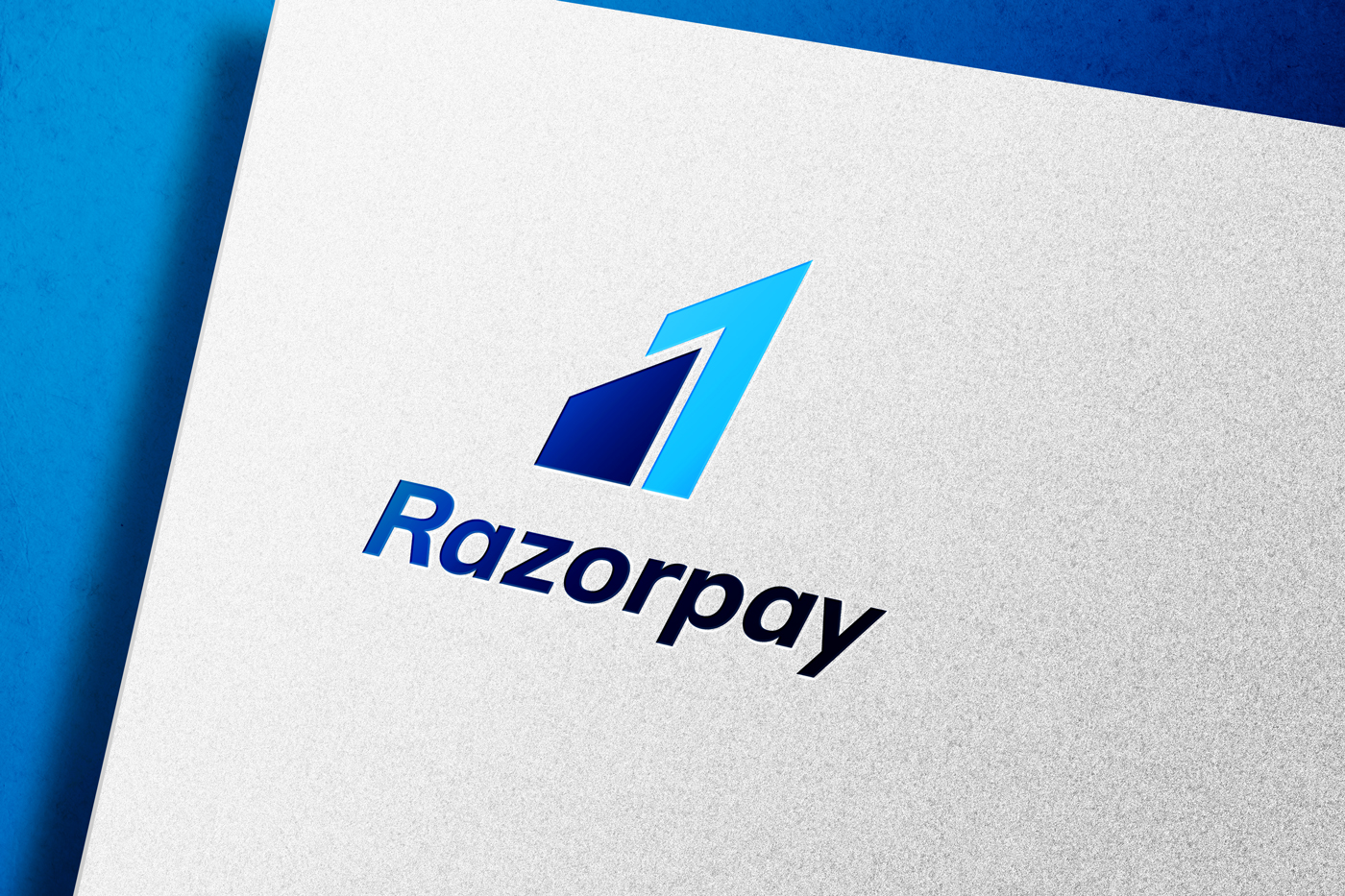

.jpg)








.png)

















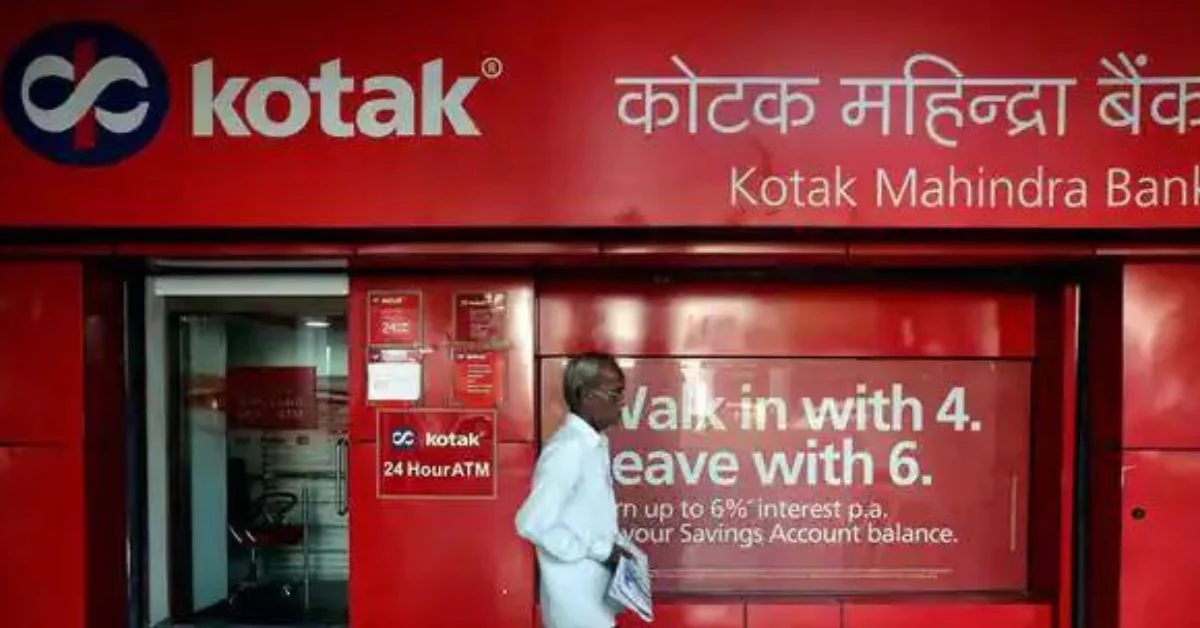









.webp)



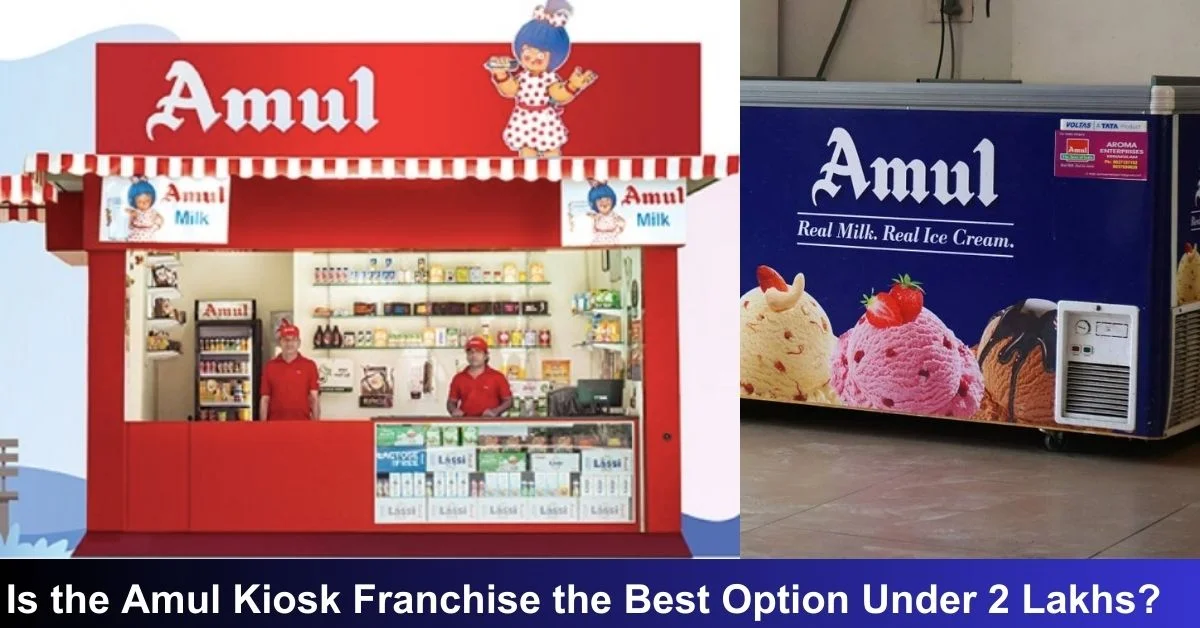





.webp)





.webp)
.webp)

